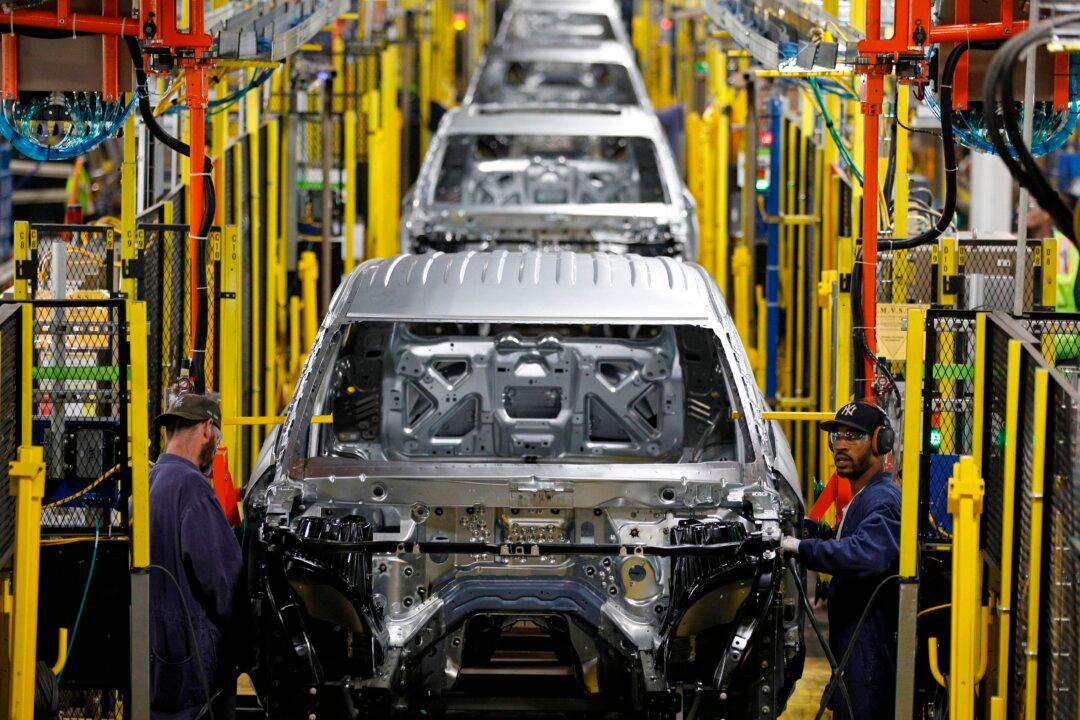The global semiconductor shortage will lead to 7.7 million fewer vehicles produced in 2021, costing automakers billions in lost sales, according to consulting firm AlixPartners.
The forecast, released Sept. 23, estimates that the shortage will cost the auto industry $210 billion globally in lost revenue in 2021, up sharply from the May projections of $110 billion in forgone sales and 3.9 million fewer vehicles built.





